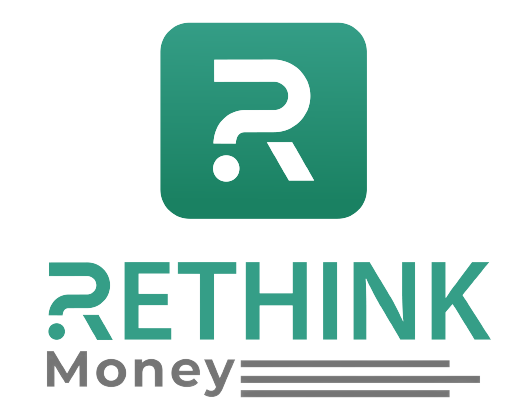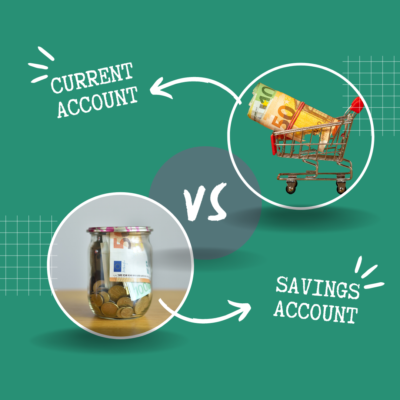Hi there! If you’re looking to improve your finance skills, you’ve come to the right place. As financial advisors, we believe having a good handle on your personal finance is crucial because it can help you achieve your financial goals and provide you with peace of mind. But what exactly is personal finance? How will it help you? and what are the main components of personal finance? If you want to know the answers to these questions, keep reading.
What is personal finance?
Personal finance is the process of managing an individual’s or a family’s money in order to achieve financial security and stability. This involves creating a budget, saving and investing money, paying off debt, and planning for the future.
Why is personal finance important?
Personal finance is necessary because it allows individuals to take control of their financial situation and make informed decisions that can lead to financial stability and security. By managing their money effectively, individuals can achieve their financial goals, such as buying a home, paying for their children’s education, or retiring comfortably.
Here are some examples of how personal finance can make a difference in real life:
- For someone young and starting a career
Jennifer is a recent college graduate who has just started her first job. She is excited to start earning a salary but is also concerned about managing her money. So, she creates a budget to track her income and expenses and ensure that she is not spending more than she is earning. By creating a budget, Jennifer can identify areas where she can save money, such as cutting back on eating out and limiting her shopping trips. This allows her to save more money and prepare for her future.
- For someone in their mid-30s and planning family
John and Sarah are a young couple who are considering starting a family. They are worried about the financial implications of having a child, so they decide to start saving for the future. First off, they now have a little person who is dependent on their income, so they look at good protection options like life insurance, just in case the worst happens. They open a savings account and set aside a portion of their monthly income. They also begin investing in a retirement account to grow their savings and prepare for retirement. John and Sarah can build a solid financial foundation for their future family by saving and investing.
- For someone stuck in debt
Lisa is a single mother who is struggling to make ends meet. She is juggling multiple credit card bills and has difficulty keeping up with her monthly payments. She decides to seek help from a financial advisor, who helps her create a budget and develop a plan to pay off her debts. The advisor also helps Lisa negotiate with her creditors to reduce her interest rates and lower her monthly payments. By getting help with her finances, Lisa can get her finances back on track and regain control of her financial future.
What are the main components of personal finance?
If you are still with us, you must have realised the importance of setting up a financial plan. To start your financial journey, you need to understand these three components of personal finance.
1. Making a Budget plan
One of the critical components of personal finance is creating a budget. A budget is a plan for how an individual or a family will spend and save money. It helps individuals and families track their income and expenses and ensure they are not spending more than they are earning. A budget can also help individuals and families identify areas where they can cut back on spending and save more money.
2. Saving and Investing
Another important component of personal finance is saving and investing. Saving is setting aside a portion of an individual’s or a family’s income for future use. This can be done by putting money into a savings account, a money market account, or a certificate of deposit. Investing is using money to buy assets, such as stocks, bonds, or real estate, to earn a return on that investment. Investing can help individuals and families grow wealth and prepare for the future.
3. Protection
Protecting your finance is a crucial part of personal finance. Some standard financial protection products include life insurance, income protection, pension protection, and mortgage protection. These products are designed to protect individuals and families from financial loss due to unexpected events such as accidents, illness, disability, or death.
Life insurance provides a death benefit to the policyholder’s beneficiaries in the event of the policyholder’s death. This can provide financial security for a family and ensure they can maintain their standard of living after the policyholder’s passing.
Income protection provides income replacement if the policyholder cannot work due to a sickness or injury. This helps ensure that the policyholder continues to pay their bills and maintain their standard of living even if they are unable to work.
Mortgage protection provides pays the bank the balance of your mortgage if you die. This type of cover can help to ensure that a borrower’s family can hold onto their home if the income to the household has been severely affected.
Specified illnesses cover provides a lump sum payment if the insured individual is diagnosed with one of the specific illnesses covered by the policy. This payment can help cover the costs of medical treatment and other expenses associated with the illness, as well as any loss of income due to time away from work. It’s also worth noting that some providers of this type of cover may have exclusions or limitations on coverage for some of the illnesses, depending on your health history. Therefore, it’s essential to check the policy conditions before understanding so that you are covered for everything.
Our advice
By understanding and managing the components of personal finance, you can take control of your financial situation and make informed decisions that can lead to long-term financial stability.
If you need any help regarding planning your personal finance, don’t hesitate to contact us at info@rethinkmoney, or you can call us at +353-74-911-6777.




